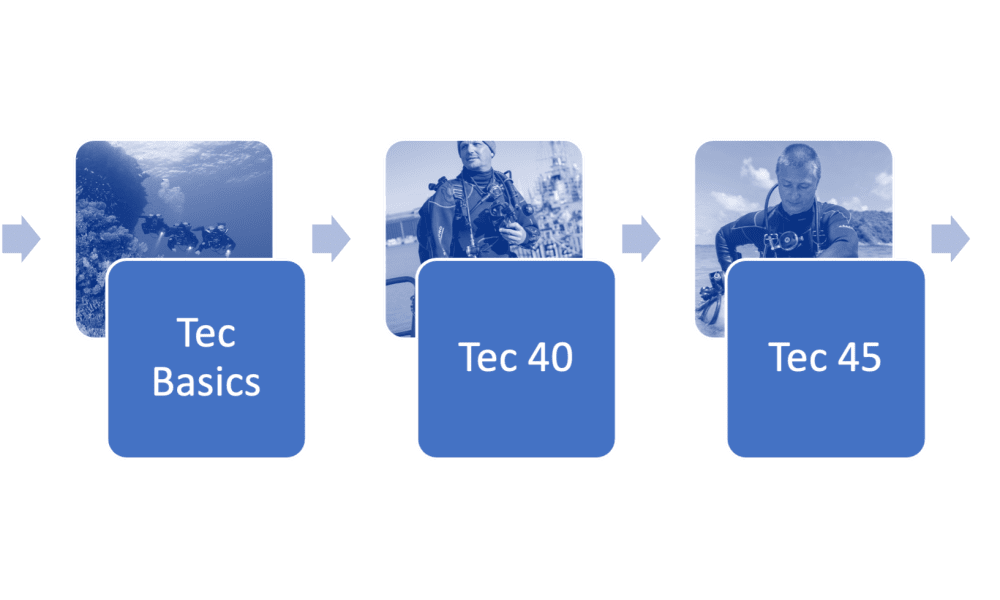As many of you aware, PADI introduced their revised Tec Diving program back in November:

 pros-blog.padi.com
pros-blog.padi.com
I have seen several posts breaking down the changes and the immediate feedback seems to be positive. I also found Michael Menduno’s in-depth review to be very informative:

 gue.com
gue.com
There have been many PADI TecRec vs TDI threads over the years and my interpretation has always been that TDI seemed to win out among more divers. But I am curious as to the group's take on the current state of play given the new PADI standards. If I’m a diver looking to start my tec journey, do you believe there are significant pros or cons to either agency’s tec path given the recent changes?
Of course, at the end of the day, the quality of your instructor is the most important factor. But, from a pure comparison of what is taught and the progression through each agency’s path, is one now better than the other?
I appreciate that PADI’s changes are so new that many may not have had an opportunity to get into the weeds yet. But I’d appreciate anyone’s thoughts if you’ve assessed it thus far.

Go Beyond with the Newly Revised PADI Tec Diver Program
The revised PADI Tec Diver Program has gone digital to address growing interest for specialized training to explore beyond.
 pros-blog.padi.com
pros-blog.padi.com
I have seen several posts breaking down the changes and the immediate feedback seems to be positive. I also found Michael Menduno’s in-depth review to be very informative:

The Way The World Will Learn to Tec: Exploring PADI’s TecRec Update
By Michael Menduno. The views and opinions expressed are strictly my own. Photos courtesy of PADI unless noted. This October at the annual Diving Equipment & Marketing Association (DEMA) tradeshow, PADI released a long-awaited update to its open circuit “TecRec” program, which was originally...
 gue.com
gue.com
There have been many PADI TecRec vs TDI threads over the years and my interpretation has always been that TDI seemed to win out among more divers. But I am curious as to the group's take on the current state of play given the new PADI standards. If I’m a diver looking to start my tec journey, do you believe there are significant pros or cons to either agency’s tec path given the recent changes?
Of course, at the end of the day, the quality of your instructor is the most important factor. But, from a pure comparison of what is taught and the progression through each agency’s path, is one now better than the other?
I appreciate that PADI’s changes are so new that many may not have had an opportunity to get into the weeds yet. But I’d appreciate anyone’s thoughts if you’ve assessed it thus far.





